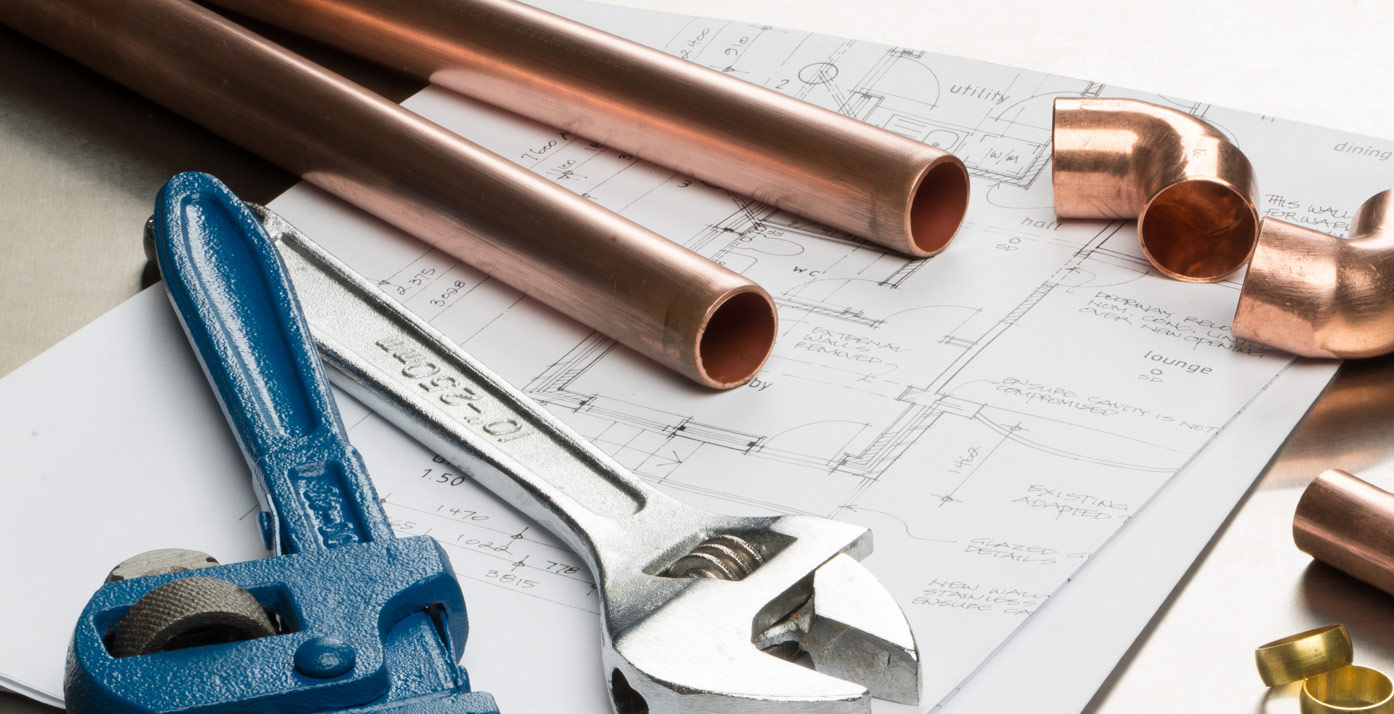This website uses cookies so that we can provide you with the best user experience possible. Cookie information is stored in your browser and performs functions such as recognizing you when you return to our website and helping our team to understand which sections of the website are the most popular and useful.
New Construction vs. Existing Home: Points to Ponder

But new homes can be cheaper to maintain than their existing counterparts—with more energy efficient feature, lower maintenance needs, and likewise lower insurance premiums.
A NAHB study using 2011 American Housing Survey data found that after accounting for operating costs, a hypothetical homebuyer could afford to pay 10% more for a new home than one built in the 1990s.
In other words, while the ‘90s house would initially have a less expensive sticker price, the true cost of ownership after the first year would be comparable to buying a pricier new house with lower ongoing costs. Compared to houses built before 1960, the buyer could purchase a new house that was 23% more expensive and have identical first-year costs.
Of course, if you’re weighing the pros and cons of buying a new versus an existing home, you won’t make a decision based on aggregate data. You’ll be comparing specific options. Here are some factors to consider:
Newer Homes Aren’t Always Cheaper to Operate
A hastily constructed new home stocked with shoddy appliances could prove to be more expensive than you anticipate. Since no one has lived in it before, you’ll be the first to discover any unpleasant surprises. An older, well-maintained home with recently upgraded appliances may be a better option.
Whether your prospective home is old or new, a professional inspection can help confirm or invalidate the cost and quality assumptions you’re making about your investment. Go along on the inspection and ask questions.
Design
You might be able to request certain design elements if you’re the first to move in to a house – especially if the home isn’t finished yet. If you move into an existing home, it might be harder to change the design preferences of the previous owner(s).
Location
Older homes may be in more desirable neighborhoods. By definition, they exist in places where people have already wanted to live. New homes can have excellent locations as well, like a transitional urban area, a planned community, or a place that’s just personally convenient for you. With any home decision, consider both how the neighborhood is now and how it might change over time.
Don’t Rule Out the Other Kind
New and existing homes both have their advantages. Even if you have your heart set on one, it’s still a good idea to consider the other to ensure you’re making the right decision. You might be pleasantly surprised by how much you enjoy a move-in ready house—or a solidly-built existing one.




